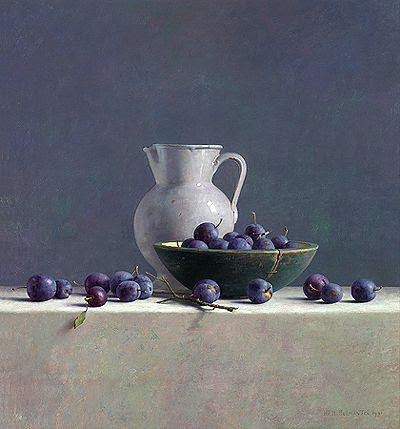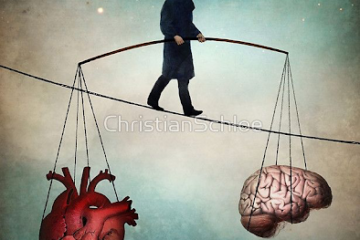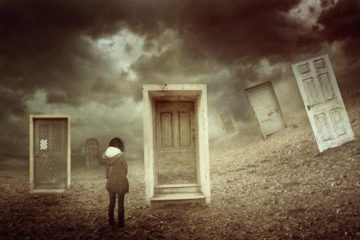
One of the most important and most neglected elements in the beginning of the interior life is the ability to respond to reality, to see the value and the beauty of ordinary things, to come alive to the spender that is all around us.
Thomas Merton
What makes the desert beautiful is that somewhere it hides a well.
Antoine De Saint -Exupery
Perhaps we are here in order to say: house,
bridge, fountain, gate, fruit-tree, window…
To say them more intensely than the Things themselves
Ever dreamed of existing
Rainer Maria Rilke
We were designed to love impermanent things. The messiness of consciousness appears to be driven by a glorious narrative that confirms in us the holy and the hairbrained. Daily we walk in and through a remarkable world calling out for engagement and delight. This remarkable epiphany is observable in our daily lives. They are gifted to us with extraordinary particularity. Our failure to behold and enjoy the beauty of the ordinary is unintended but certainly not instinctual. Who would push away the beautiful?
There is a beautiful beckoning, a beholding in the structure and order of our daily lives. Folding clothes, sweeping the floor, or making a bed all have a rhythm, tone, and nuance to them. The beauty of these acts, and appearances and their accompanying gestures of allurement and coherence arise from their unifying sensibilities. They are not merely what we do. They are not merely what we are about. They aesthetically hold within our senses the very presence of our lives. They herald and announce this “otherness” that beckons our souls out of hiding coaxing us into an intimate collusion with this awareness, this information that is alive and dynamic. This recognition is not optional. It is what awareness calls out in us. Its very nature creates an immersive bodily-amplified christening into an observable and responsive enchantment soaked world we call our imagination.
Is there a condition of soul that accompanies this age that prejudices and prevents our encounter with beauty? Are we being formed in such a manner that we are blind to beauty’s presence? In a culture of visual and aural excess, the inner curation of beauty becomes a spiritual practice. Life doesn’t come with a personal instructions manual on how and where to discover the resident loveliness of our lives. We often come to learn aesthetic discernment following a deep sense of estrangement from our surroundings and ourselves.
As we loose a felt connection with our inner world so too does the outer world become greatly disquieted and distant. We become detached from our very surroundings and their expressive subjectivity. We escape into our personal story as if it were all that existed. Now, all our tasks and talents are rallied around the pursuits of ego and the self. Now, all things exist for our pleasure, for our personal use and exploitation. The relatedness of the world and all it contains is lost on us. In a metaphoric sense we have emptied the world of its soul. We reduce the soul of the world and its myriad creations to being bit players in our own personal drama. Things are only real when they animate and sustain our personal dreams and aspirations. All things become reduced to what they can do for us rather than for what they are. We loose our sense of care and inner benevolence towards the actual world in which we live, Lost to the “otherness” of experience we become deeply estranged from our deepest resonance with the idiosyncratic nature of all things. The distinctive and eccentric qualities awareness was meant to provoke are lost on our egos’ presumed ownership of experience. The ordinarily sacred is made profane through our misperception and misnaming. Might beauty be the beckoning of our souls to return, return to the present, return to the really real?
To experience this frequent disclosure of the gloriously ordinary one must recognize and reject the falseness of commercial objects and the mediated worth attached to them. The fickle worlds of consumptive goods of fashion and Hollywood are frivolous and uninspired. The consumptive intention of much of our daily interaction disempowers the inclination to experience the beauty of the ordinary. When the ultimacy of an exchange is primarily economic, we are more inclined to ignore the simple radiance of an object or experience, Our experience is predetermined by the attractional intentions of the production. The sale is the purpose in a market economy.
In the overly saturated world of advertisement and product display, the vibrancy of the common and ordinary are considered unsophisticated. The seller often denies us our unique and personal initial encounter with an object moving quickly to the close – the purchase. One need only travel in 3rd and 4th world countries to realize how cluttered our daily awareness is of unadorned beauty. We are satiated with images and sounds, tastes and colors. Although nearly all these encounters are initially free of charge, the ongoing exchange demands we buy “the experience.” The assumption for us in 1st world countries is that a purchased beauty is much more substantive and valuable than something mundane and common.
Through this inner conception of beauty we are being formed by triviality and diversion which diminishes the glory of the seemingly unremarkable. Our souls become hijacked by conquest of ownership and the allurement of status rather than a sentient mutuality created by essential magnetism of the commonplace. In order to see beauty as status and a reflection of class we relegate the ordinary to a taste culture and not a residential gift of human experience. We become beauty snobs.
When our sense of delight and fascination become an addictive allurement we constantly move on to devour the next experience. The unwitting result of this posture is that now things become familiar and supposedly easily recognizable. We regard life itself as easily apparent containing no mystery or profound qualities.
It has become the habit of our time to mistake glamour for beauty.
John O’Donohue Beauty: The Invisible Embrace
Surely we were created with the beautiful in mind. We have merely ignored, misnamed, or pushed its radiance to the periphery of our sentient awareness. But we were made to bask in this beautiful proclamation of the habitually unadorned. We were created to appreciate the design and the Designer hidden in the dailyness of our sojourn. We are all offspring from the most exquisite Mind.
The sense of wonder
That is our sixth sense
And it is that natural religious sense
D. H. Lawrence



0 Comments